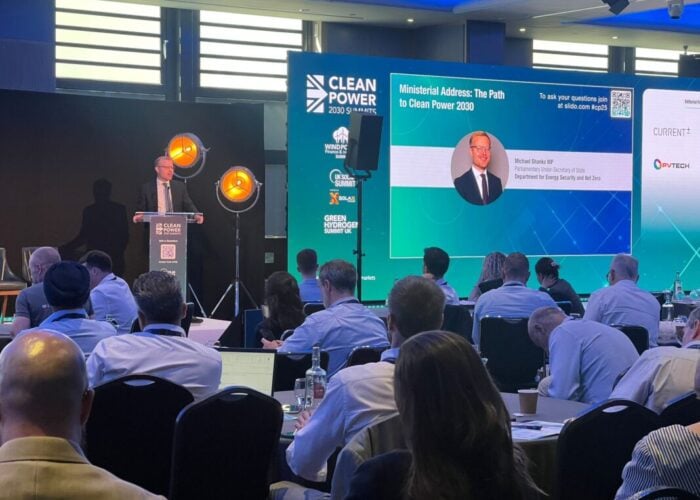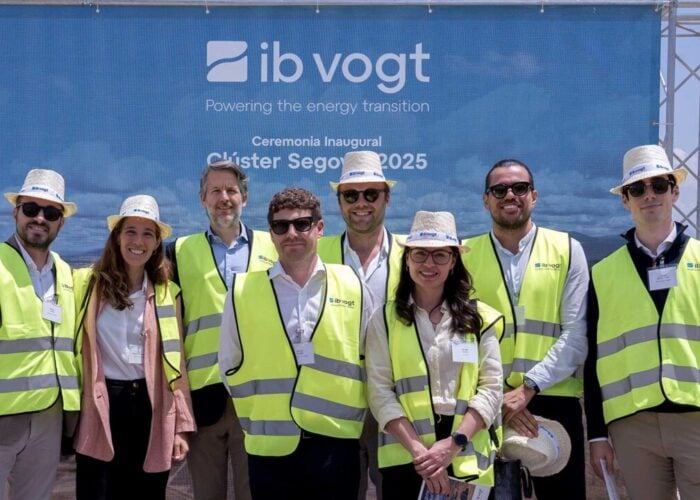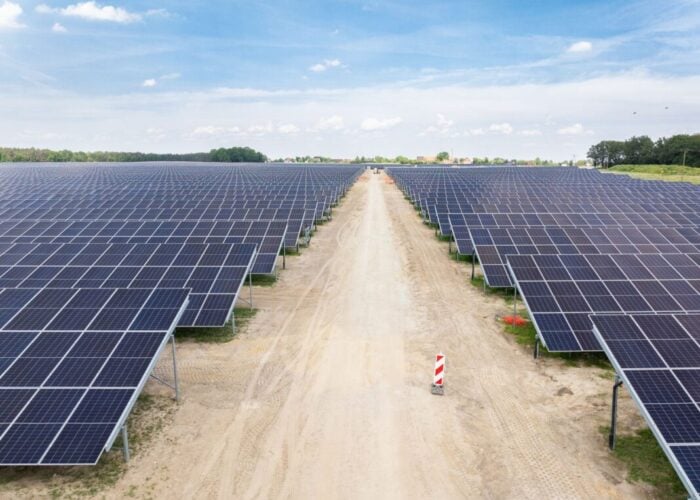PV module encapsulant supplier STR Holding has resorted to accepting PV modules as payment worth approximately US$7.4 million for encapsulant material supplied to a Chinese PV module manufacturer.
STR Holding’s management noted in its Q1 earnings call that doing business in China inevitably led to “unusually long and burdensome payment terms”, which would impact its ability to fund working capital needs as it geared up to gain market share in the largest market.
Unlock unlimited access for 12 whole months of distinctive global analysis
Photovoltaics International is now included.
- Regular insight and analysis of the industry’s biggest developments
- In-depth interviews with the industry’s leading figures
- Unlimited digital access to the PV Tech Power journal catalogue
- Unlimited digital access to the Photovoltaics International journal catalogue
- Access to more than 1,000 technical papers
- Discounts on Solar Media’s portfolio of events, in-person and virtual
Rather than an unusual one-off trade, management noted that trading encapsulant material for finished modules had gained interest from other module manufacturers interested in paying that way, which could help STR win new customers.
“We believe this strategy will also drive future sales volume as it provides module manufacturers with high quality bankable encapsulants while also increasing module sales and improving liquidity,” noted Bob Yorgensen, chairman, president and CEO of STR Holdings.
Sales have also been a problem from STR as the company reported a further decline in sales in the first quarter of 2015. STR reported sales of US$6.9 million compared to US$9.3 million in the prior-year period.
Management said that the 26% decline in sales was due to 10% decline in volume and a 19% decline in ASP. The company had reported a 2% ASP decline for the previous quarter.
However, a string of customer issues also marked the first quarter.
Management noted that a customer only recently secured in China changed its material requirements after already starting to ramp production using STR’s encapsulants. This was said to have led to re-qualification and a fall in sales in the first quarter, although testing had since been successfully completed and volume orders were expected to subsequently recover.
STR was also hit by a long-term European customer entering insolvency proceedings.
Management also highlighted a third customer “may change its long-standing production footprint by ending contracts with some of its OEM suppliers”. The change resulted in a reduction in sales volume to STR.
However, STR noted in the call that the reduction in orders was an “unintended consequence of the shift in OEM manufacturing locations”, with STR given the opportunity to regain the customer.
In better news STR noted that 14 China-based module manufacturers had issued commercial orders after completing qualification testing, which had been secured through its majority shareholder, PV project developer Zhenfa.
Overall, STR is expecting a strong recovery in sales through the rest of year as new customers ramp production, even if some deals may paid in modules rather than cash.







